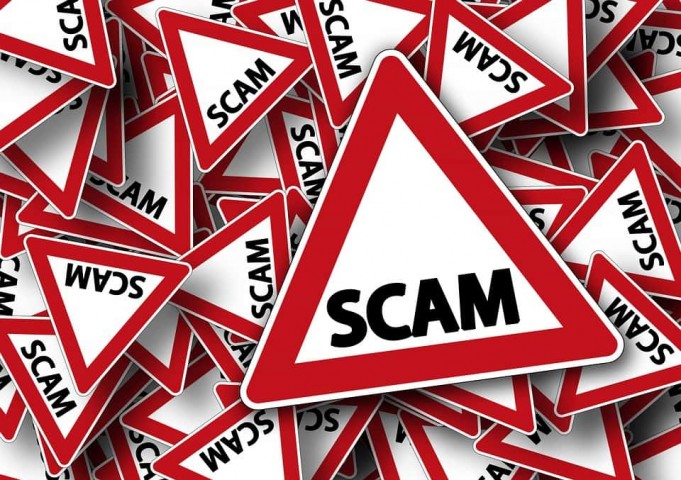Travel Scams in the USA
Many tourists believe that hazards only occur at the airport. When it comes to top travel scams in the USA, several people are being targeted on their computers and smartphones.
From complex phishing scams that make tourists think their tickets have been canceled, to social media advertisements, and increasing viral attacks, travelers are subjected to put more effort into saving their cash. What is a traveler required to do to make sure they are making the most of their adventures? When it comes to top online travel scams in the USA, education is the best tool to protect yourself from being scammed. Here are the most popular top online travel scams in the USA everyone should know. We have also shared how to overcome them.
Online Travel Scams in the USA
Free Tickets from Airlines
One of the most common scams you may encounter is the free airline ticket. The free airline ticket online scam offers passengers thinking they are receiving a free ticket. Since airline tickets can be expensive, this scam targets anyone remotely engaged in traveling. It relies on people understanding the instructions to self-perpetuate online, bouncing from one person to another.
There are never any free airline tickets. Rather, you will reach a third-party “phishing” website unaffiliated with the airline, which will obtain your information. With one click, scammers can steal your friend list or get approval to post spam to your timeline. They can even take your username and password by using a fake login page. This scam is simple to pick out. First, see the misspellings on the page name. Only pages with blue checkmarks are approved by social networks.
Fake Facebook Pages
A fake Facebook page online travel scam occurs when the scammer creates a page like official ones with the title of the travel provider. These pages usually display logos and branding, along with poor extra content. Through these pages, scammers plan promotions or offers for travelers, to get them to sign up or share the link to their systems.
This online travel scam targets anyone who requires a free flight, from groups to experienced regular flyers. Passengers click on their link because it is bestowed by a friend they are related to, leading them to think that it is a reliable deal. Tourists who run into a fake Facebook page online travel scam should always report it to Facebook for elimination.
Fake Emails
Days or weeks before a trip, tourists may get an email that seems to be from an airline. In the email, the “airline” may say that the passenger has not yet verified their ticket and should go to the website to log in to check their travel.
When they click on the link, the passenger is led to an official-looking site, where they may be asked to prove their itinerary and passenger name record (PNR) or sign in through their regular flyer account. Once a passenger does this, they have everything they need to go in and seize frequent flyer miles or seize a ticket completely. Anyone who receives one of such emails should not click on the link or give any information. Instead, they should head to their airline website to verify their tickets.
Conclusion
You need to continually keep our guard up to save yourself from top travel scams. Moreover, always pay attention to trusted websites instead of unknown sites.









